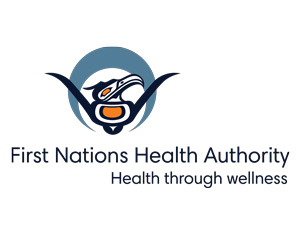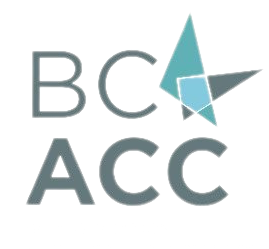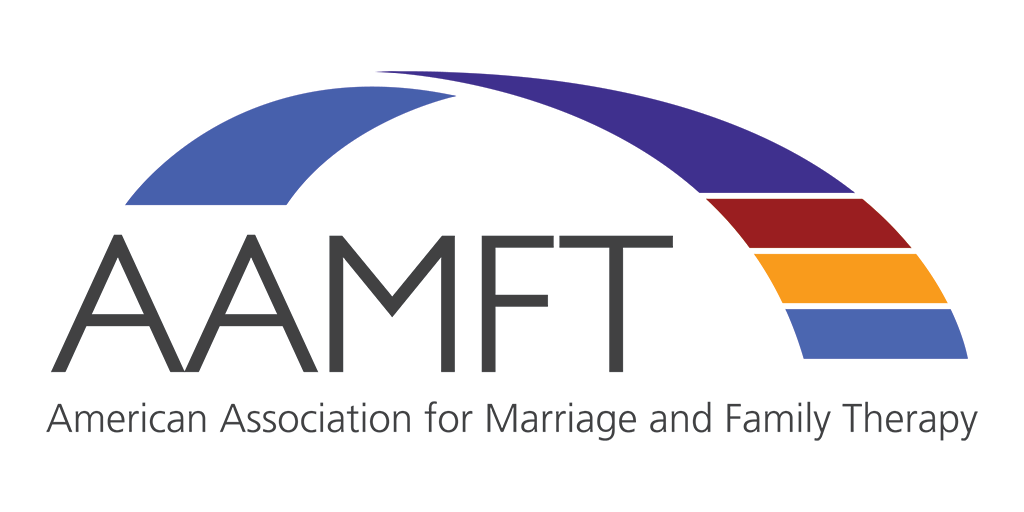Naturally, when deciding to take any action, it’s important to weigh the pros and cons. This includes showing vulnerability, where considering the benefits and drawbacks is crucial before deciding to open up.
Disadvantages of vulnerability:
- Rejection
Imagine you shared your fear of intimacy with not a right person and then after you shared all relevant fears, they stopped communicating with you and even not picking the phone when you call them. Imagine you shared your trust issues with not a right friend and then they discontinued their relationship and even they personalized your concerns about trust issues.
2. Loosing others
Much like rejection, not everyone is prepared to confront the many facets of your identity. You may find yourself in a superficial friendship, where, upon revealing how childhood experiences with your parents’ parenting styles traumatized you, you inadvertently trigger something in the other person. This revelation can lead them to withdraw from the friendship due to their own triggers and projections.
3. Viewed negatively—as naïve, immature, unintelligent, neurotic.
Some individuals may choose not to communicate with those they perceive as naive. In discussions about naivety, they might reference stories or experiences that you consider personal ‘baggage,’ whether from your past or present. Indeed, sharing vulnerabilities can be mistakenly interpreted as negative traits by the wrong person, who may view these aspects as flaws rather than honest disclosures.
4. Taken advantage of by others.
You may have heard of or experienced situations where people take advantage of others by leveraging personal information against them. Knowledge can unfortunately become a tool for control and manipulation. For instance, if an inappropriate friend learns of your struggle with co-dependency, they might exploit this to fulfill their own needs, knowing you fear losing them if you don’t comply. It’s possible for someone to manipulate you by using what they know about you to their advantage, leaving you in a position you’re uncomfortable with.
5. Risky
We live in a world where, at times, it can be unsafe to share personal details. Sharing sensitive information with the wrong person carries risks. For example, revealing vulnerabilities might expose you to manipulation by someone who learns of these weaknesses. Discussing issues in your romantic relationship with an unsuitable individual could jeopardize that relationship. Similarly, sharing your past or present mistakes with someone untrustworthy places you in a vulnerable position. It’s essential to be cautious about who you confide in, as the wrong choice can lead to manipulation or endanger your relationships and personal well-being.
Advantages of Vulnerability:
- Less anxiety
You may experience anxiety stemming from perceived weaknesses or challenges that you believe are unique to you. For instance, the fear of losing those close to you can be a source of anxiety. This may also arise from the concern that people might discover your limitations, contributing to your anxious feelings. Additionally, anxiety can emerge from feelings of inadequacy, or the belief that others are superior to you. However, when you muster the courage to show your vulnerability and share such fears with the right people, receiving proper responses that assure you—whether it’s learning they face similar issues, they’re there for you, or they too feel inadequate at times—these are moments of confronting your anxiety and exposing yourself to your fears. The outcomes are often positive and even rewarding. By doing so, you become stronger.
2. Stronger relationships
When you have the courage to share your vulnerabilities, you may lose those who weren’t truly connected to you, but simultaneously, you’ll discover others who resonate with your thoughts and appreciate your ways of being. In essence, while some relationships may fade, you’ll forge stronger connections with those who value your authenticity. Expressing yourself authentically creates a safe space for others to feel comfortable and more deeply connected to you. This happens because by showing your vulnerability, you allow others to feel safe around you, thereby fostering stronger relationships.
3. Honestly and authenticity
The depth of authenticity is closely tied to the extent of vulnerability you display. Being true to yourself involves embracing both your strengths and weaknesses, acknowledging your limitations, and consistently being your genuine selves across various situations on a scale of one to ten. The more you remain true to your essence, the more authentic and honest your actions and behaviors become. Embracing this level of honesty and authenticity may involve taking risks, but although it comes at a cost, the reward is attracting genuine individuals into your lives. Demonstrating vulnerability paves the way for honesty and authenticity, a journey that, while challenging, is profoundly rewarding.
4. Knowing self and others better
People often reveal themselves more fully in their relationships with others. Engaging in open communication and showing vulnerability not only teaches you more about yourself as you reveal your inner world to others, but it also elicits intentional and unintentional responses, providing valuable feedback. Additionally, by being vulnerable, you gain deeper insights into others. It’s commonly said that a friend in need is a friend indeed. Taking the risk to express your struggles, fears, and even past traumas invites a level of self-examination that fosters a deeper understanding of those around you. This is why I believe vulnerability is a powerful tool for truly grasping the essence of others, despite the challenges it may present to us personally.
5. Deeper connection
Stronger relationships, authenticity, and mutual understanding are foundational for forming deeper connections, not just with yourself but also with others. Connecting deeply is more feasible with those who share similarities with you, as they’re likely to understand you better. Discussing your mistakes, concerns, failures, past breakups, and emotions, and listening as they share theirs, creates a pathway to connect with the right people in your lives on a profound level. These shared vulnerabilities foster a strong, authentic bond.
In summary, when considering vulnerability, it’s essential to weigh its pros and cons alongside other critical factors such as timing, setting, the person involved, and the extent of openness. It’s crucial to choose the right moment and the right person to share your vulnerabilities with. For instance, in a romantic relationship, being vulnerable with the right partner can significantly deepen your connection and intimacy. Similarly, in a therapy session—a safe, non-judgmental, and professional space—opening up to your therapist can enhance their understanding of you, enabling more precise and effective support. Sharing vulnerabilities with a trustworthy family member who knows you well can also be beneficial. However, being vulnerable with the wrong person may lead to negative consequences.
If you’re uncertain about opening up and being vulnerable with someone, loved ones, or a romantic partner, and still doubt whether it’s a good idea, consulting a counsellor and therapist before making your final decision can provide valuable guidance on navigating your feelings and the potential outcomes of your choice.
If you believe you need professional support, don’t hesitate to schedule a virtual or in-person counselling session. This will provide an opportunity to discuss the matter and receive valuable professional support.










